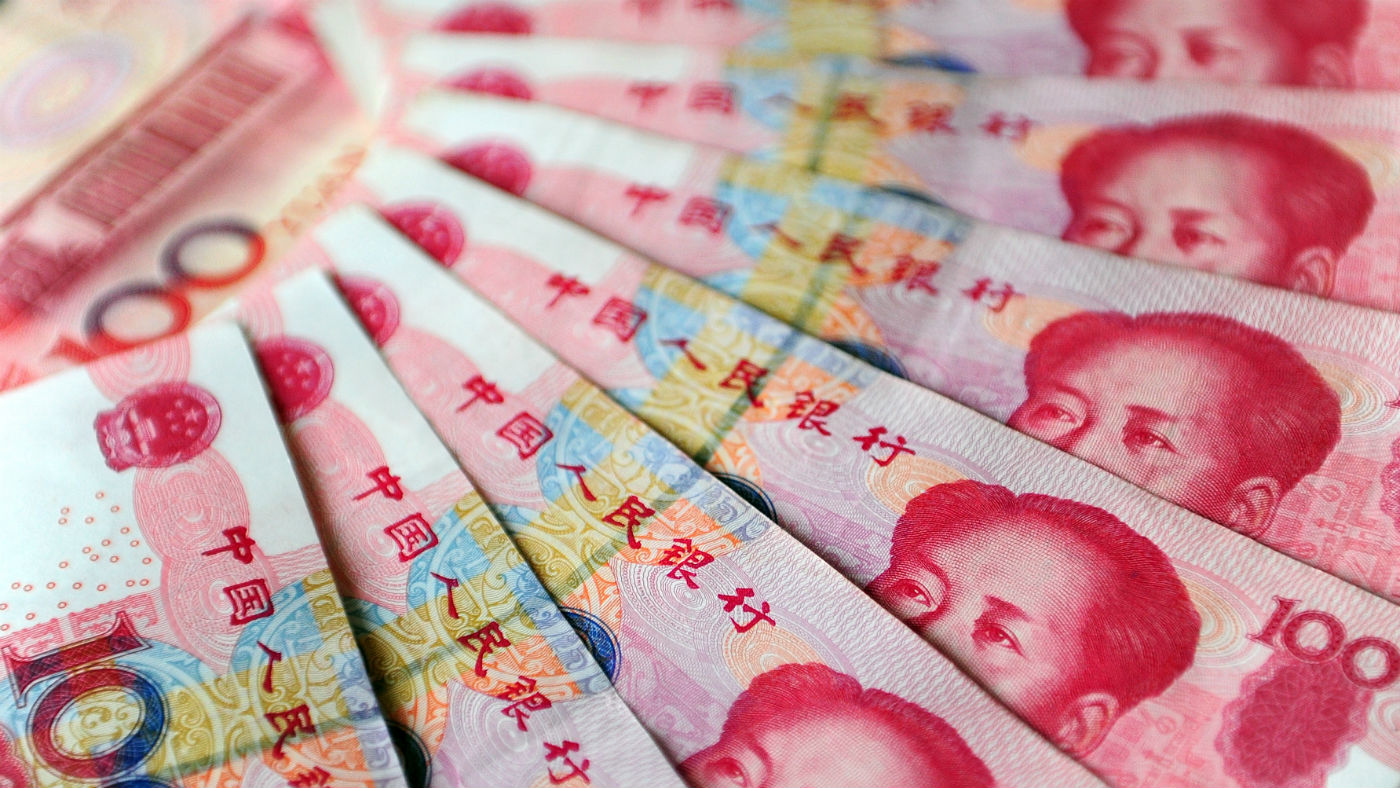China clears path to new digital currency
Unlike other cryptocurrencies, Beijing’s would increase central control of the financial system

A free daily email with the biggest news stories of the day – and the best features from TheWeek.com
You are now subscribed
Your newsletter sign-up was successful
China has moved a step closer to launching its own digital currency, after its parliament passed a new law on cryptography.
The country’s central bank first looked into launching its own digital currency back in 2014, in a bid to cut the costs of circulating traditional paper money and boost policymakers’ control of money supply.
Since then, the emergence of global cryptocurrencies such as Bitcoin and most-recently Facebook’s Libre have led Beijing to accelerate its plans.
The Week
Escape your echo chamber. Get the facts behind the news, plus analysis from multiple perspectives.

Sign up for The Week's Free Newsletters
From our morning news briefing to a weekly Good News Newsletter, get the best of The Week delivered directly to your inbox.
From our morning news briefing to a weekly Good News Newsletter, get the best of The Week delivered directly to your inbox.
On Saturday, the official Xinhua news agency reported that China’s parliament had passed a new cryptography law, which will take effect on 1 January 2020, intended to facilitate “the development of the cryptography business and ensuring the security of cyberspace and information”.
Facebook’s proposed cryptocurrency, backed by a reserve of real-world assets, including bank deposits and short-term government securities, “has sparked concerns among global regulators that it could quickly become a dominant form of digital payment and a channel for money laundering given the social network’s massive cross-border reach”, Reuters reports.
While China blocks Facebook’s platforms within its borders, “for Beijing, Libra has provided another urgent motive for digitising the currency” says The New York Times. “Chinese leaders see in Libra the potential start of a new world financial system, one that could bulldoze the traditional authority of governments and central banks - China’s included.”
Unlike other cryptocurrencies that enthusiasts have championed as tools of emancipation from big banks and governments, “a state-issued e-currency would help China’s government know more - much, much more - about how its citizens spend their money, giving it sweeping new powers to fight crime and manage the economy while also raising privacy concerns”, the paper adds.
A free daily email with the biggest news stories of the day – and the best features from TheWeek.com
There could be geopolitical fallout too, says CNBC. A new “cryptocurrency would add to a long list of existing tensions between the global superpowers... especially if Libra hits a brick wall with US regulators”.
One reason for Chinese interest in cryptocurrencies is their potential to reduce dependence on the US dollar as the global reserve currency.
“Just as the European Union bypassed the United States on data protection, China is poised for the great leap forward on cryptocurrency” says Roslyn Layton in Forbes. “This time the US is playing checkers while the Chinese are playing 3D chess” she adds.
–––––––––––––––––––––––––––––––For a round-up of the most important business stories and tips for the week’s best shares - try The Week magazine. Get your first six issues for £6–––––––––––––––––––––––––––––––
Elliott Goat is a freelance writer at The Week Digital. A winner of The Independent's Wyn Harness Award, he has been a journalist for over a decade with a focus on human rights, disinformation and elections. He is co-founder and director of Brussels-based investigative NGO Unhack Democracy, which works to support electoral integrity across Europe. A Winston Churchill Memorial Trust Fellow focusing on unions and the Future of Work, Elliott is a founding member of the RSA's Good Work Guild and a contributor to the International State Crime Initiative, an interdisciplinary forum for research, reportage and training on state violence and corruption.